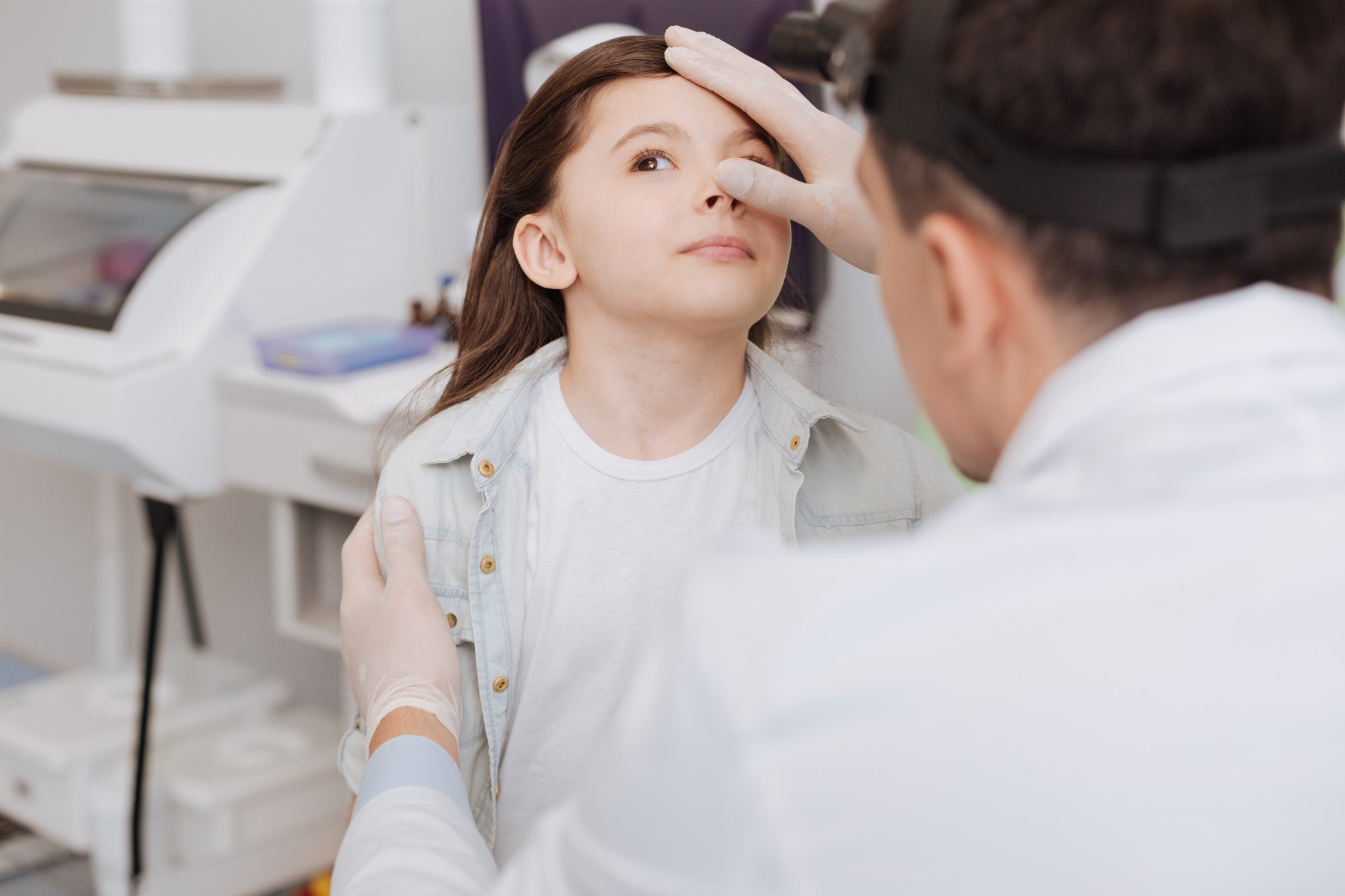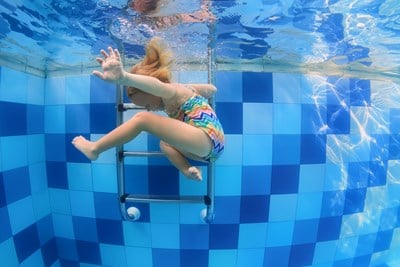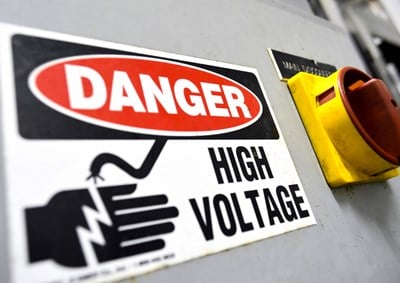As many parents know, young children, especially those under age five, sometimes put items, such as marbles, beads, dried beans, tiny button-shaped batteries or small toys in their ears, noses and mouths. These items can be harmful, so it’s important to seek immediate medical attention to remove them, if they are not easily removable. It’s also important to recognize the symptoms of foreign bodies, in case you did not know they were inserted.
In other cases, insects may crawl or fly into the nose or ear canal, causing discomfort or pain and potential harm. Or small pieces of hair may become imbedded in the ear canal (especially within a day or two after a haircut).
Symptoms caused by such objects may include discomfort and pain, difficulty hearing, rattling sensations in the ear, rasping noises in breathing, problems with swallowing or choking, a bloody nose or ear or nose drainage sometimes accompanied by a bad odor. Drainage from only one nostril also may be an indicator of a foreign object in the nose.
Unless the object is visible and easily removed, physician evaluation and treatment are recommended. If the foreign body is visible and the child is cooperative, you can ask the child to sneeze (or blow hard through his or her nose) to remove it.
If the object is not visible or easily removed, do not attempt to remove it yourself, and do not ask the child to blow hard through the nose. Do not use Q-tips, hairpins or other small, insertable objects to attempt to remove the stuck item, particularly in the ears. (Foreign objects inserted in the ears can rupture or damage the eardrum.)
Seek immediate emergency care if the person has difficulty breathing. Foreign items in the nose and ears should be removed promptly by a physician. If the object is in the ear, a physician may use special instruments or magnets (if the object is metal) to remove it. The doctor also may clean the ear canal with water or fill the ear with mineral oil to suffocate an insect or use a suction machine to help pull the object out. In the case of foreign bodies in the nose, sedation may be necessary, and instruments, such as forceps or suction machines, may be used. The doctor also may prescribe nose drops or antibiotic ointments to treat or prevent infection.
 American College of Emergency Physicians
American College of Emergency Physicians







